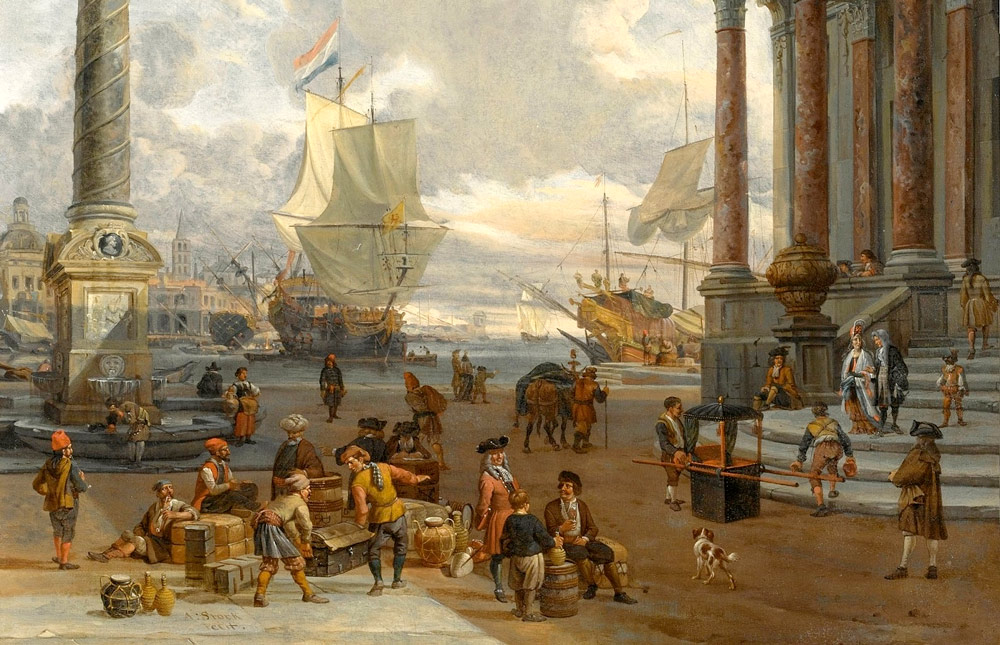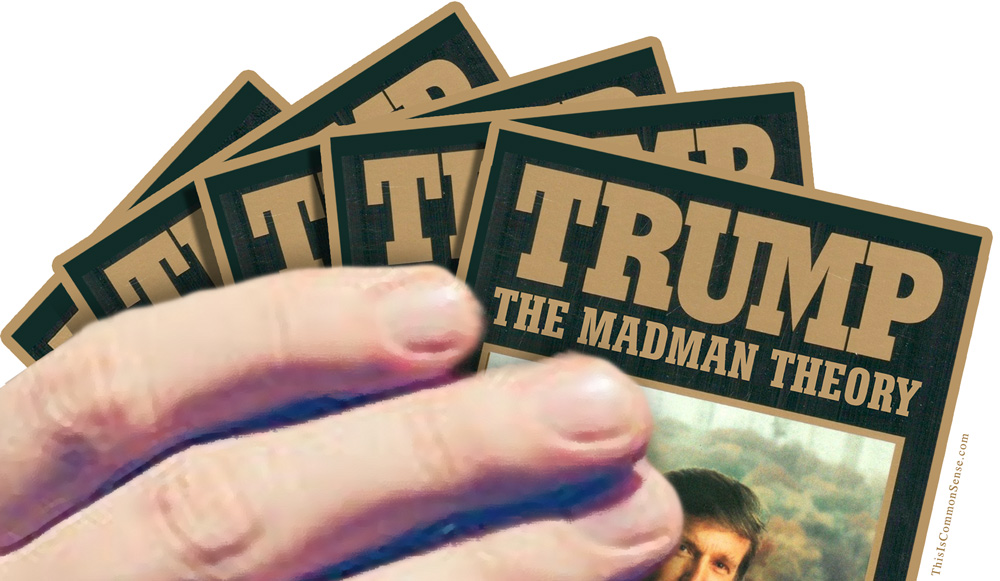For those who hated NAFTA, and have supported Donald Trump in his complaints about “the very bad deal” that the North American Free Trade Agreement [allegedly] has been, I ask: what was bad about NAFTA that isn’t in Donald Trump’s new version, the United States-Mexico-Canada Agreement?
Actual question. I am not in the least bit interested in gotchas, here. I am willing to celebrate USMCA when (a) I can make sense of it and (b) it proves not just more of the same.
The thing I liked best about NAFTA was that it had “Free Trade” in the title. I like free trade. Trade is good; freedom is good. It is not generally bad to trade with Mexico and Canada — for Mexicans, Canadians, and Americans. I simply have trouble believing that politicians and their aides (along with overly-friendly lobbyists) know better than market competition what the terms of those zillions of deals should be.
But I freely admit, what I didn’t like about NAFTA was that there was more “free trade” in the title than in the agreement itself.
NAFTA was managed trade.
As far as I can make out, so is USMCA.
Oddly, I just heard two of the three Daily Wire guys* praising USMCA for setting quotas on how much of what can be produced where.
Quotas and mandates and the like are not free trade.
“Managed trade” is just another way of saying “protectionism.” Savvy politicians don’t even like calling it “managed trade.” They call it “fair trade.”
Free trade is fair enough. Politicians’ “fair trade” isn’t free enough.
This is Common Sense. I’m Paul Jacob.
* Andrew Klavan and Michael Knowles, recent podcasts: dailywire.com.
Illustration: Dutch free traders in Harbor Scene by Abraham Storck (1644–1708)



